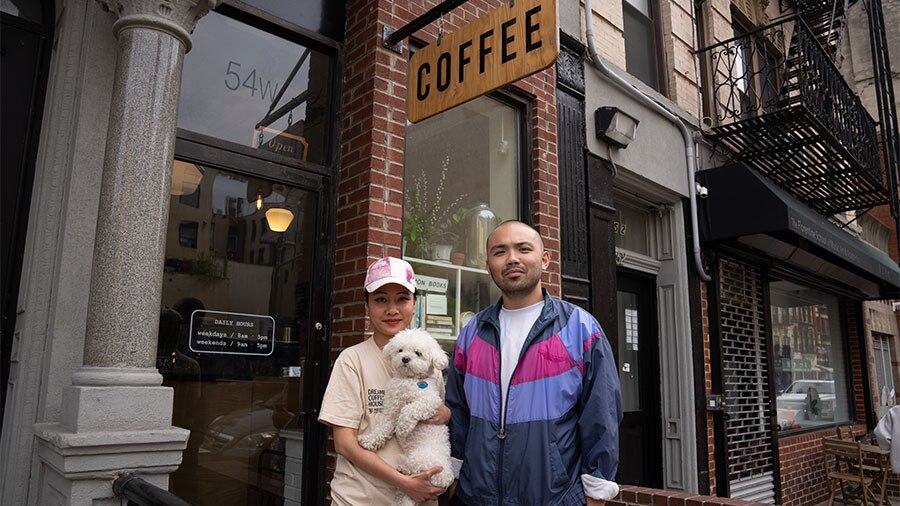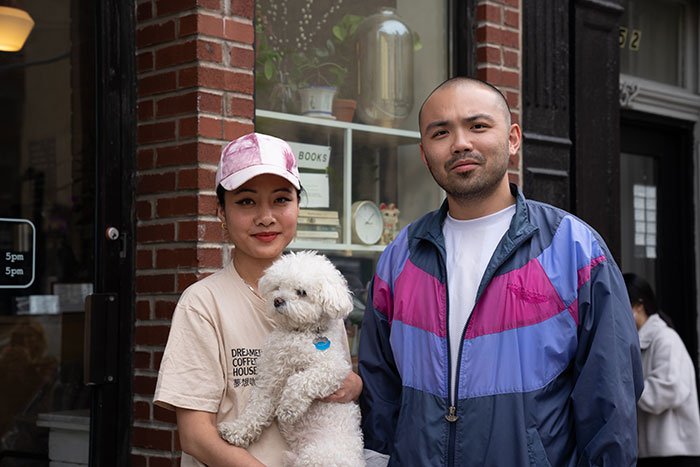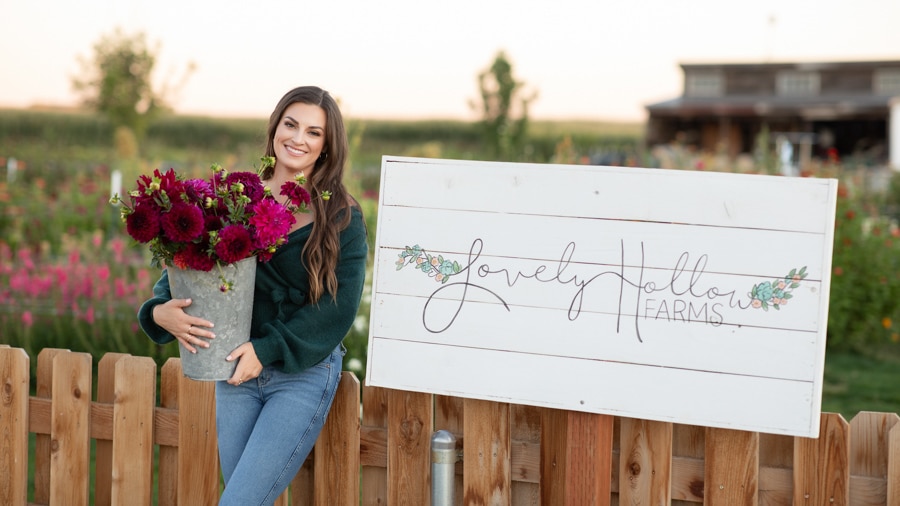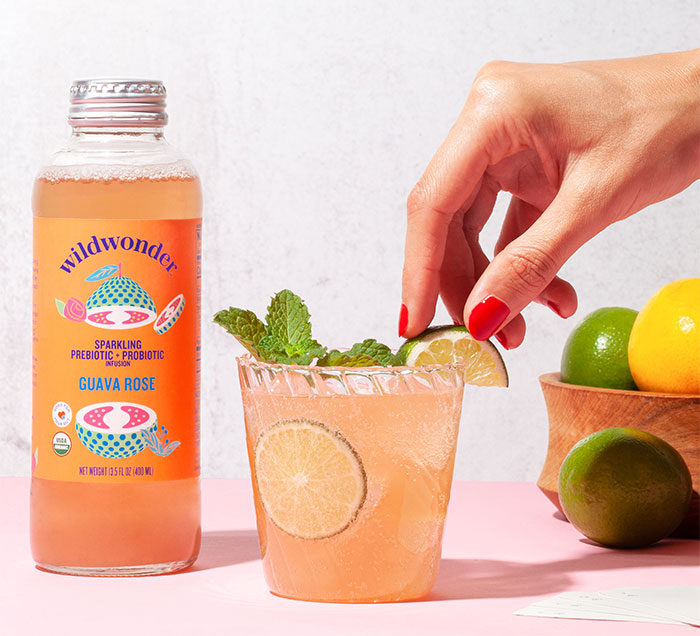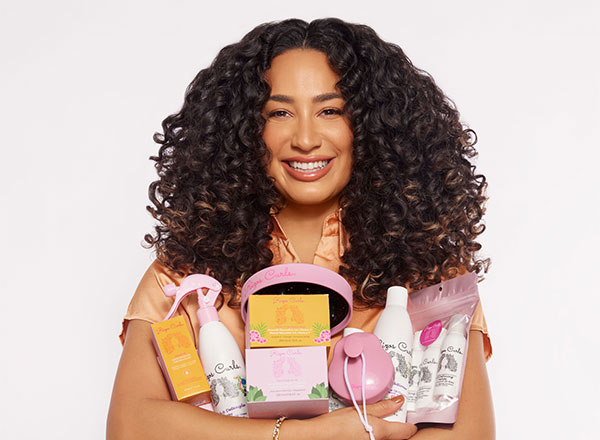What was it like being a new business in a neighborhood like Chinatown where there are so many legacy, multigenerational businesses?
The businesses have been very supportive. New York has a certain reputation about being hard or being mean.But actually, it’s a very close-knit community. It was very easy for us to approach other businesses and just say, “Hey, we're a small, small coffee shop. We need some help. We don’t know how to do this. Where do you find plastic cups? We're out of plastic cups.” A lot of shops around here were very open, very quick to help us. Actually another restaurant in the neighborhood, Golden Diner, opened a year before us but had quite a lot of traction. And so whenever a line queued up, they would send all their customers here to wait. So it’s really great.
We try hard to source everything South of Houston, which is all within this area. We really want to empower the neighborhood as best we can. All the ingredients that we use for our syrup mostly come from small markets and groceries in the neighborhood. When we first started, we realized we had actually not left the block for like two or three months, because everything was here—all the supermarkets and everything we needed. We were just running between work and home—we live on the block as well—and there wasn’t really a reason to cross the street.
What are some of the things that surprised you in your first year?
The coffee shop business is a $5 business. People can’t drink, like, four coffees a day, so we’re transitioning now to be more cafe-forward—offering more food, wine, beer, and to lean a bit more into what the neighborhood wants and allowing them the space and opportunity to hang longer. A lot of the residents in the area say, “Hey, we really like you, we want to support you, but there’s only so much coffee I can drink in a day, right?”
Otherwise it’s about learning to adapt. That’s been very big, especially opening during COVID. Things are constantly changing. It’s a very fast city.










